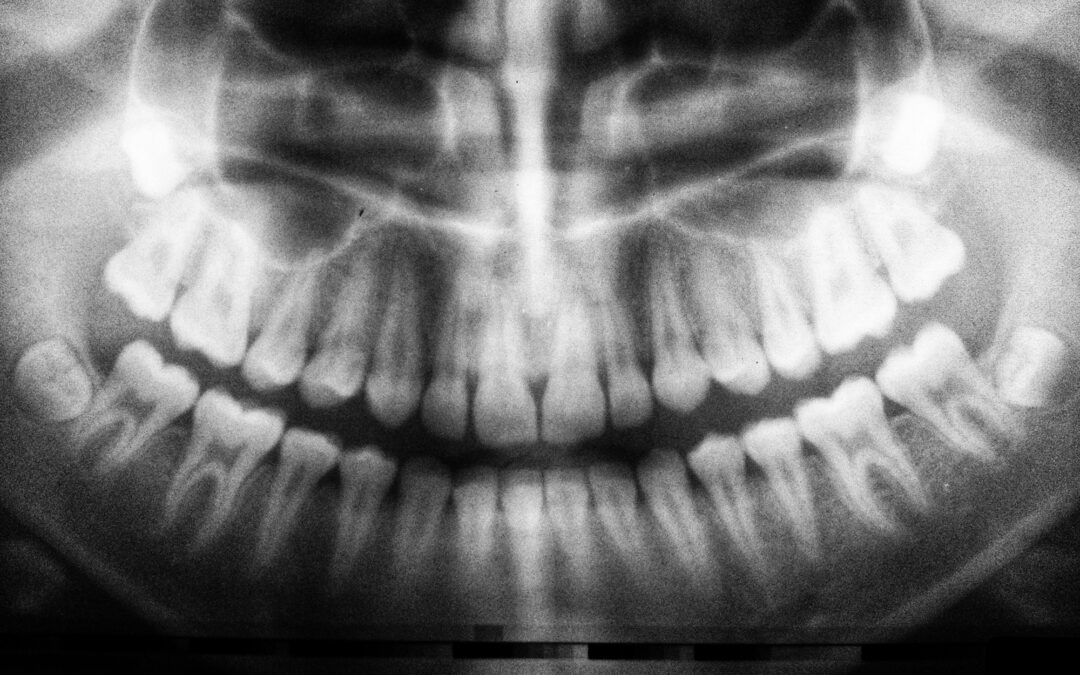Stress has become an integral part of our lives in this fast-paced world. While stress is often associated with mental and emotional health, it’s important to recognize its impact on our overall well-being, including oral health. In this blog post, we will explore the relationship between stress and oral health, including how stress can affect our teeth, gums, and overall oral hygiene. By understanding these connections, we can take steps to mitigate the potential negative consequences of stress and maintain optimal oral health.
Understanding Oral Health and Stress
Oral health encompasses the well-being of our teeth, gums, and surrounding tissues. It is vital for maintaining proper functionality, speech, and digestion, as well as ensuring a confident smile. On the other hand, stress is our body’s response to demanding or challenging situations, leading to various physiological and psychological changes. While acute stress can be beneficial, chronic stress can have detrimental effects on our overall health, including our oral health.
Impact of Stress on Oral Health
1. Teeth Grinding:
One of the most common manifestations of stress on oral health is teeth grinding, also known as bruxism, which refers to the habit of grinding or clenching teeth. Stress-induced bruxism can occur both during the day and while sleeping, causing enamel erosion, tooth sensitivity, jaw pain, and even tooth fractures. Dentists often recommend mouth guards or stress management techniques to alleviate the effects of bruxism.
2. Periodontal Disease:
Chronic stress weakens the immune system, making it harder for the body to fight off infections, including those affecting the gums. This can lead to an increased risk of periodontal disease, characterized by inflammation, bleeding gums, gum recession, and even tooth loss. Practicing good oral hygiene, along with stress reduction techniques, can help prevent or manage periodontal disease.
3. Temporomandibular Joint Disorder (TMJ):
Stress can contribute to the development or exacerbation of temporomandibular joint disorder. TMJ disorder affects the joint connecting the jawbone to the skull, resulting in pain, discomfort, difficulty in chewing, and jaw clicking. Dentists may suggest lifestyle modifications, jaw exercises, or, in severe cases, orthodontic treatments to alleviate TMJ symptoms.
4. Dry Mouth:
Stress can also contribute to the development of dry mouth, otherwise known as xerostomia. Under stress, our body’s natural stress response system may disrupt saliva production, leading to a dry oral environment. Saliva is essential for maintaining oral health as it helps wash away food particles, neutralize acids, and prevent tooth decay. Staying hydrated, using sugar-free gum, and avoiding excessive caffeine and alcohol consumption can help alleviate dry mouth symptoms.
Contact Your Local Dentist Today
In light of the profound impact that stress can have on oral health, it is crucial to prioritize stress management and adopt healthy coping mechanisms. Regular exercise, mindfulness practices such as mediation or deep breathing, and seeking support from loved ones are all ways that can help reduce one’s stress levels. Additionally, maintaining good oral hygiene practices, such as brushing twice a day, flossing daily, and scheduling regular dental check-ups, is essential in preventing and addressing stress-related oral health issues.
If you have any concerns about your oral health, it is crucial to reach out to your dentist for professional guidance and support. They are trained experts who can assess your specific needs and provide appropriate treatments. If you are located in the Central Arkansas area and are looking for a new dentist, try Dr. Tina Nichols located in Little Rock! With over 20 years of experience in dentistry, Dr. Nichols has a wealth of knowledge and expertise to address your oral health concerns effectively. Contact (501) 664-7444 to schedule your appointment today!


Recent Comments